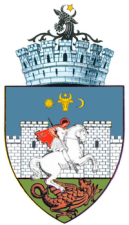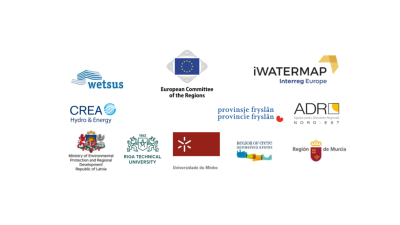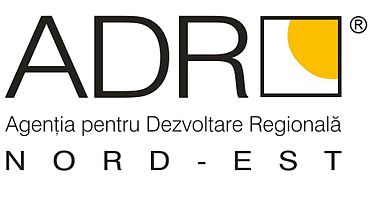
ABOUT
The Brussels Office of ADR Nord-Est (North-East Regional Development Agency, Romania) represents the North-East Region of Romania in the EU.
We work with counties, municipalities, universities, businesses, learning facilities, and other organizations.
The Brussels Office was founded in 2010 and aimed to ensure North-East Romania a strong voice in the EU and to endorse that our region is a proactive player that benefits from all the opportunities and that promotes itself as a European region open to the world.
TEAM
Our team is very vibrant and diverse in background and expertise.
THE REGION
The North East (Nord-Est) is a development region in Romania that comprises the following counties: Botosani, Iasi, Vaslui, Bacau, Neamt, and Suceava.
The area of our region is 36,850 km2, slightly bigger than Belgium, and the population is roughly 3.3 million.
In the past 10 years, in our region, the GDP per capita, the quality of infrastructure, and the economic complexity have all increased consistently, following the national trend.
In 2019, Romania made it to the high-income group of countries, from a formerly an upper-middle-income, according to the World Bank.
According to the ATLAS of Economic Complexity, powered by Harvard’s Growth Lab, Romania ranks as the 25th most complex economy in the World, improving 5 positions in the ECI ranking between 2008 - 2018.
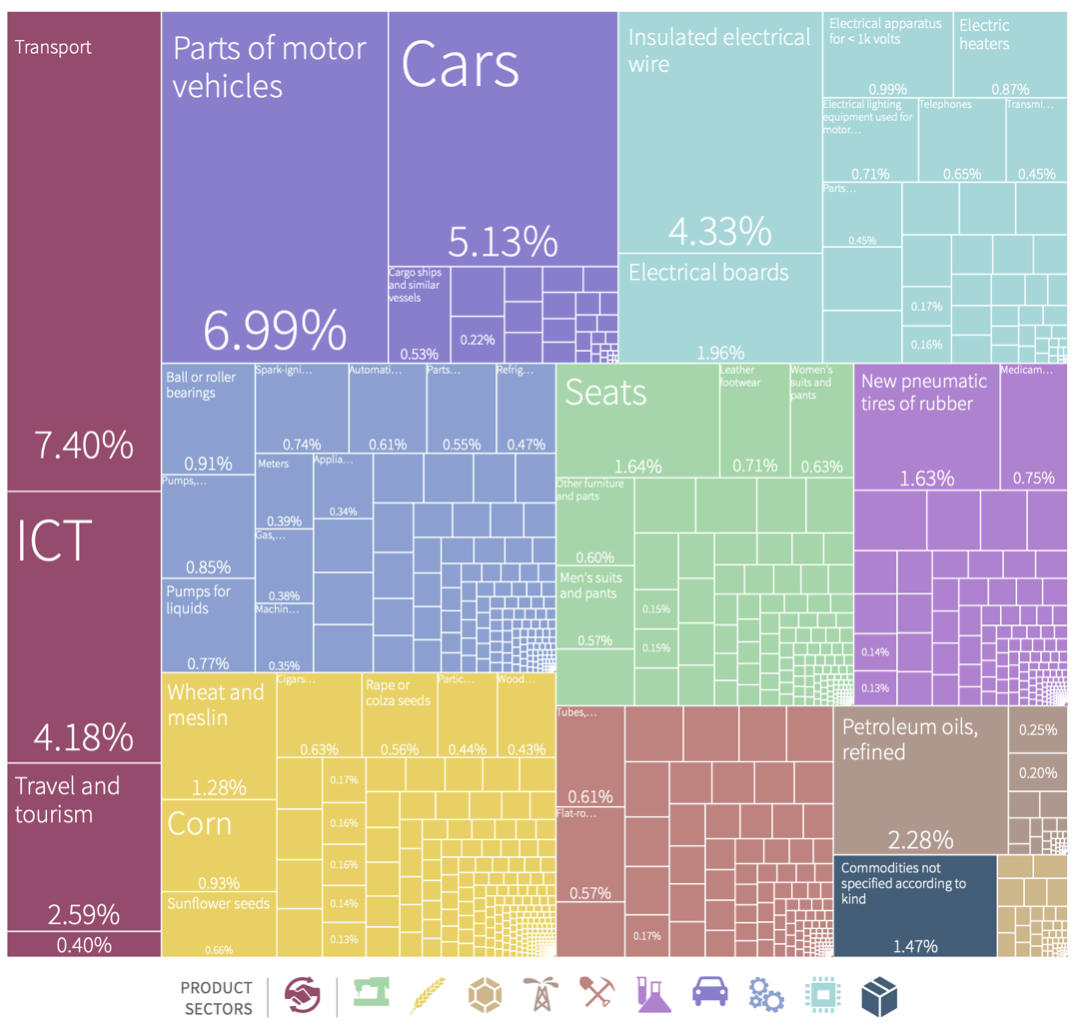 Iasi, the main city of North East, was ranked the 2nd in TOP 10 Tech Cities of the Future 2020/21 – Cost-Effectiveness.
Iasi, the main city of North East, was ranked the 2nd in TOP 10 Tech Cities of the Future 2020/21 – Cost-Effectiveness.
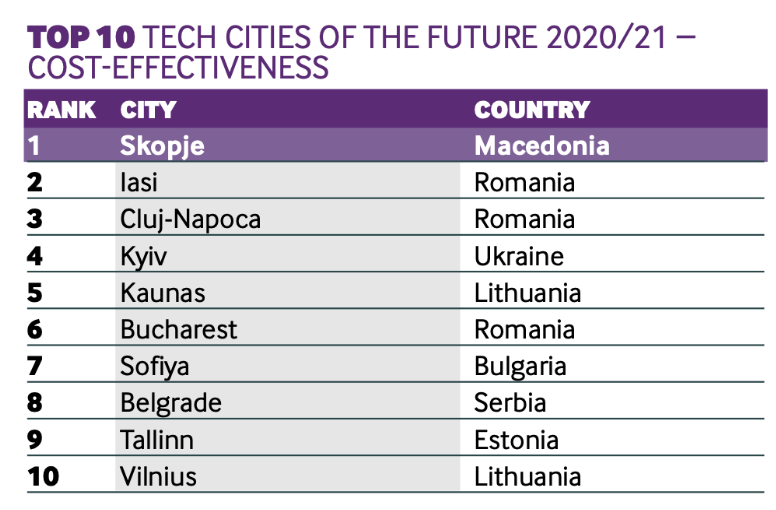
Contact detail
-
Contact person
-
Brussels Office Address
Avenue Louise 54
1050 Brussels
Belgium -
Regional Address
Str. Lt. Draghescu, nr. 9
610125 Piatra Neamt
Romania
Working Group Leaders
Latest Tweets
Latest Tweets
Latest Updates
- By RALUCA ABASEACA
Looking for partners for the call on town-twinning and networks of towns
The Municipality of Suceava (Romania) is interested in joining as a partner in project proposals to be submitted under the Town-twinning and Network of Towns calls.
- By Agnieszka Wieczorek Jetha
Be.CULTOUR project – Beyond Cultural Tourism
Be.CULTOUR is one of ERRIN’s new projects led by the Italian Institute for Research on Innovation and Services for Development. It will mobilise five ERRIN members from the Cultural Heritage and Tourism Working Group to offer real-life settings to co-create and test human-centred innovations for circular cultural tourism.
- By Hilary Webb
ERRIN's project proposals related to the Low Carbon and ICT Clusters
We are happy to announce that over the last three months, ERRIN has submitted nine new project proposals that cover all its thematic clusters. Here is a short overview of each of the projects related to our Low Carbon and ICT Clusters.
- By Lucy Hammond
iWATERMAP Conference: A Blueprint for place-based Innovation Ecosystems
The iWATERMAP conference will be hosted at the Committee of the Regions. The iWATERMAP project focuses on supporting the innovation policies in water technology sector, helping to increase the critical mass of innovation ecosystems in partner regions in this sector.
- By Astrid Hannes
SEFS & S3 WGs: Why are S3 strategies relevant for the European Universities initiative?
This joint Science and Education for Society and S3 Working Groups meeting will ask why S3 is relevant for European Universities, and vice versa, and how European universities alliances can create a leverage effect beyond the university boundaries and the bilateral cooperation already in place - based on the S3 - in the region?
- By Hilary Webb
Smart Specialisation WG meeting: From S3 towards S4 - experiences & challenges
The aim of this WG meeting is to learn more about the S4 concept and to provide further information on the S4 pilot that is planned together with the European Commission and the European Committee of the Regions (CoR). The meeting will also provide an opportunity to discover experiences and challenges of S4 implementation thanks to regional examples.



